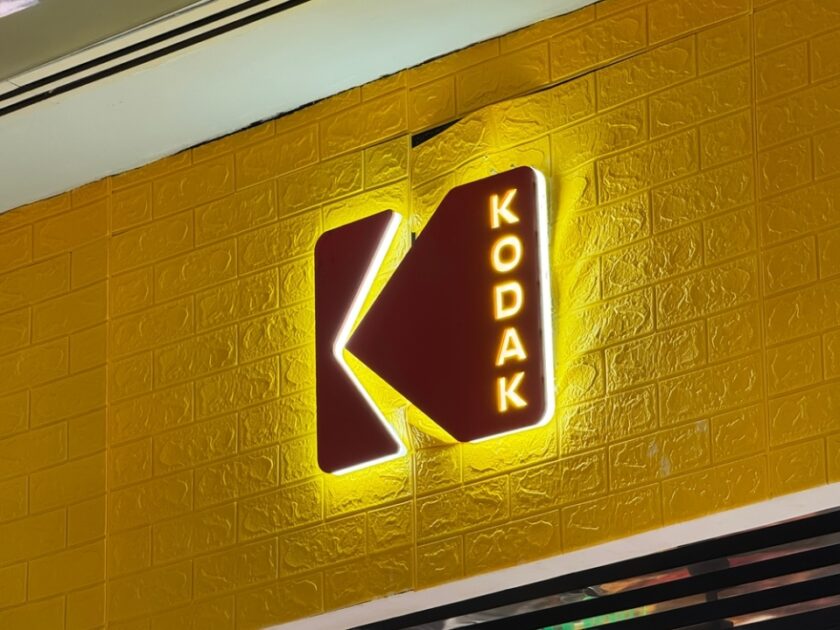
One of America’s most iconic brands has been making headlines worldwide this week following a recent 10-Q financial filing that warns it currently lacks the cash as a “going concern” to pay its more than $470 million in term loan and outstanding preferred stock obligations that will come due in 12 months. Calling the 10-Q warning assessment an accounting requirement that doesn’t paint an accurate picture of the company’s financial outlook, Rochester, New York-based Kodak contends its planned actions will ultimately create a stronger balance sheet.
The “going concern” language in Kodak’s 10-Q was essentially a required disclosure because Kodak’s debt comes due within 12 months of the filing. Kodak is confident it will be able to pay off a significant portion of its term loan well before it becomes due, and amend, extend, or refinance its remaining debt and/or preferred stock obligations, a Kodak spokesperson told Printing Impressions.
“To fund the repayment, we plan to draw on the approximately $300 million in cash we expect to receive from the reversion and settlement of our U.S. pension fund (the Kodak Retirement Income Plan, or “KRIP”) in December,” the spokesperson explained. “However, the KRIP reversion is not solely within Kodak’s control and therefore is not deemed ‘probable’ under U.S. GAAP accounting rules, which is what triggered the ‘going concern.’ Once the KRIP reversion is completed Kodak will be virtually net debt free and will have a stronger balance sheet than we have had in years.”
Read the rest of this story on Printing Impressions.



